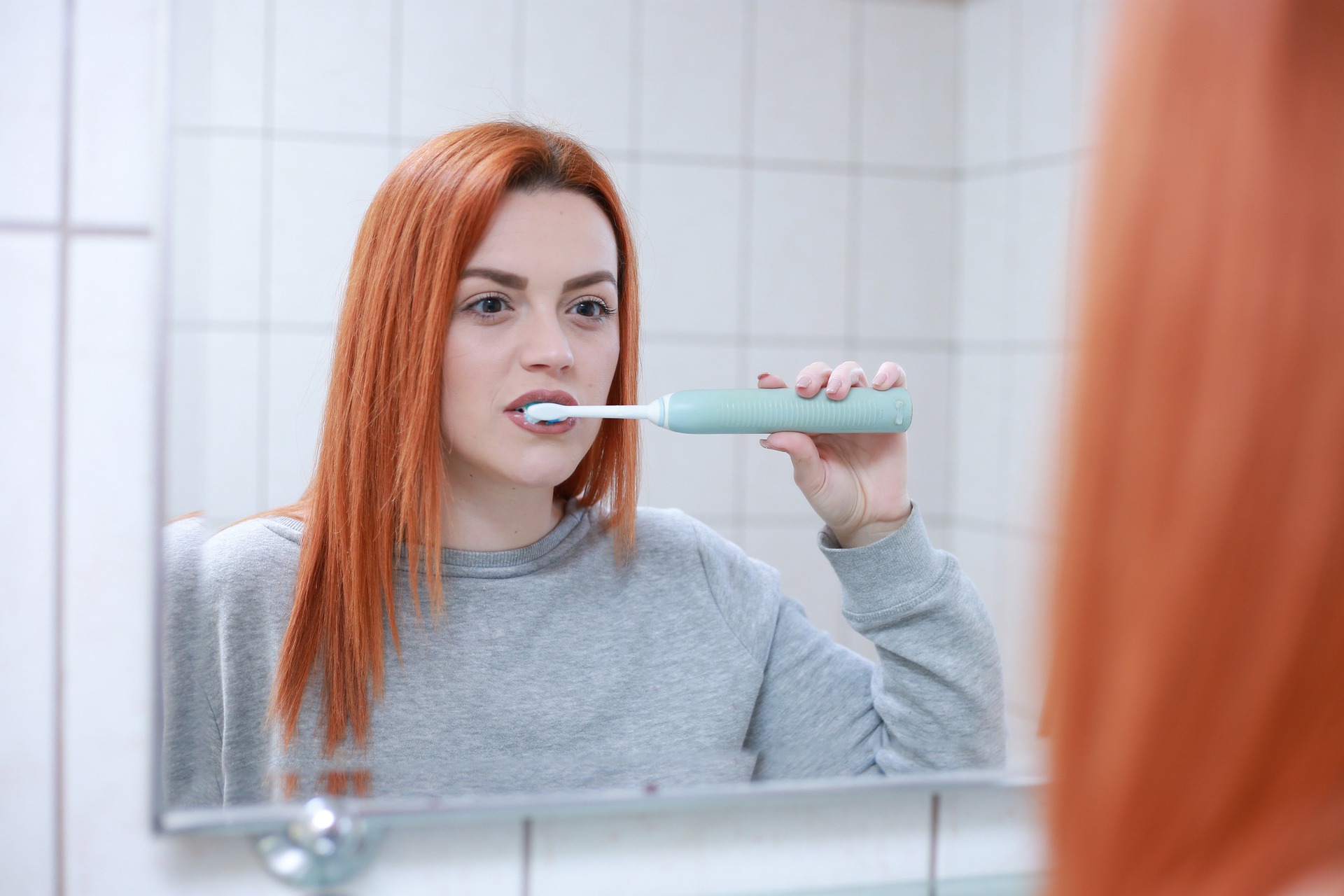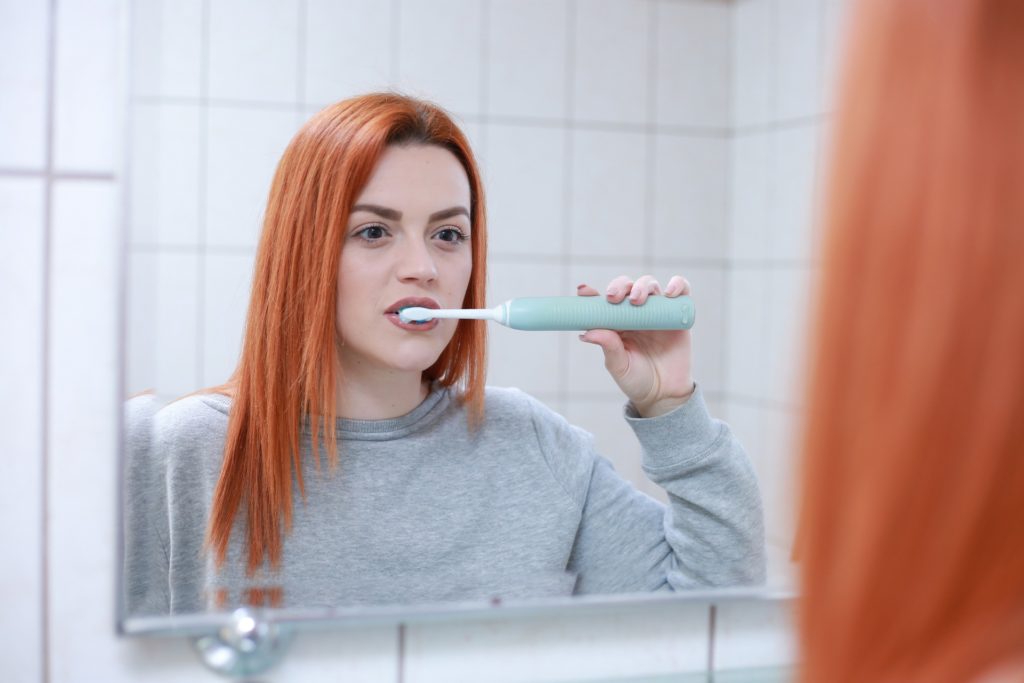Dental Care Tips to Improve Your Oral Hygiene Routine
Good oral hygiene is important in keeping teeth and gums healthy. It involves habits like brushing twice daily and regularly going to dental checkups. However, dental health is more than just cavities and gum disease. According to research, there is an association between your mouth and your overall health.
Without proper treatment, gum problems and tooth decay can lead to pain, tooth loss, and problems with self-confidence. Such issues can lead to speech problems, malnutrition, and other challenges in your school, work, and personal life. The good news is that you can prevent their problems with proper dental care. Below are the best practices to keep your teeth and gums healthy.
- Brush regularly, but not aggressively. Brushing the teeth twice daily is one of the most important practices for keeping the teeth clean and removing plaque and bacteria. However, this can only be effective when you use the proper technique. Brush using circular motions for two to three minutes in back-and-forth motions. Use a toothbrush with soft bristles and change it every three months.
- Use fluoride. Experts believe that fluoride helps prevent cavities, and is a common ingredient in toothpaste and mouthwash. Evidence has shown that a lack of fluoride can lead to tooth decay. Many countries have added fluoride to their water supply, a practice recommended by several organizations like the World Health Organization and the Centers for Disease Control and Prevention.
- Floss once every day. Flossing removes bacteria and plaque in areas that a toothbrush cannot reach. It also prevents bad breath by removing food and debris that has become trapped between teeth. The Centers for Disease Control and Prevention and the American Dentists’ Association recommend that people should floss their teeth.
- Visit a dentist regularly. According to experts, you should see a dentist every 6 months for a checkup. In a routine dental exam, a hygienist will clean the teeth and remove plaque and tartar. Your dentist will check for signs of cavities, mouth cancer, gum disease, and other oral hygiene issues. If you notice any changes in your mouth, you should see a dentist immediately.
- Do not smoke. Smoking harms the immune system of the body, making it difficult for the body to heal tissues, which includes those in the mouth. according to the Centers for Disease Control and Prevention, smoking is a risk factor for gum disease. It also affects the appearance of the mouth, causing yellowing of the tongue and teeth, and causing the breath to have a bad odor.
- Use mouthwash. Studies have shown that certain mouthwashes can help with maintaining oral hygiene. Chlorhexidine, for example, can help control gingivitis and plaque. Mouthwashes that contain essential oils have also been shown to be effective. You can ask your dentist for the best mouthwash that caters to your individual needs. Take note, though, that it cannot substitute brushing and flossing.
- Limit sugary foods and starches. Consuming sugar can lead to cavities. Common culprits include desserts and candies, and many sugar-laden processed foods. The World Health Organization recommends limiting your sugar intake to below 10 percent of your daily caloric intake. Experts say that starchy foods like chips, bread, and pasta can also cause tooth decay.
- Choose water instead of sugary drinks. Beverages that are sweetened with sugar are the top source of added sugars in the usual diet of Americans. Sipping on juice, soda, and other sugary drinks can lead to an increased risk of cavities. The American Dentists’ Association recommends drinking water or unsweetened tea throughout the day and only drinking sugary drinks in small volumes at mealtimes.
Practicing good dental care from childhood to adulthood can incredibly help a person keep their gums and teeth healthy. Brushing and flossing every day, not smoking, eating a healthy diet, and getting regular checkups can help you avoid cavities, gum issues, and other dental problems. In the long run, it can also benefit your overall health.






 |
|